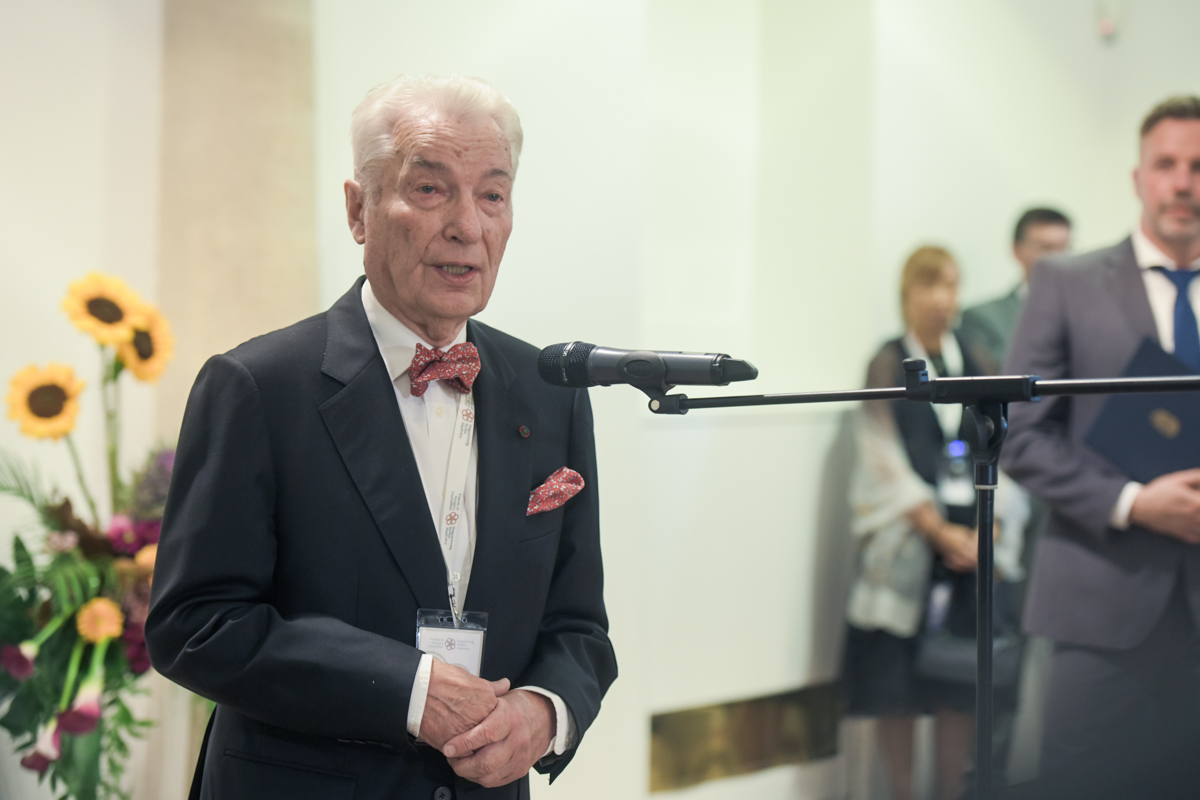
Those committed with a desire and the ability to do something for Hungary met at the VII annual conference of the Friends of Hungary Foundation, which is celebrating its 10th anniversary.Continue reading
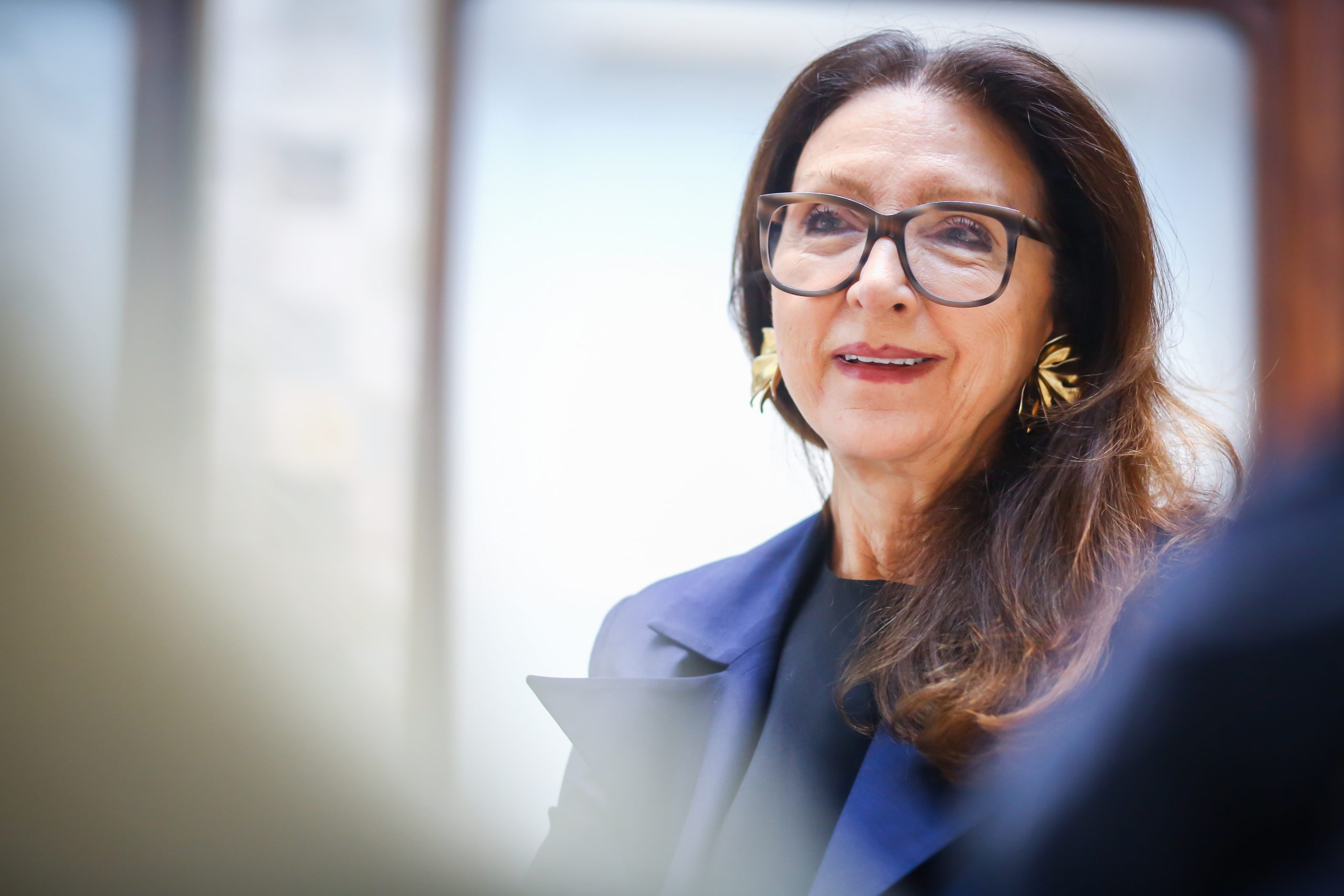
In an attempt to escape the communist terror, Anikó Gáal Schott had to flee Hungary with her family when she was only 12, after the revolution of 1956 was overpowered by the military force of the Soviet army. Having spent months in refugee camps in Austria, she was finally able to start a new life in Canada. After completing her university studies in Montreal, she traveled abroad with the U.S. Foreign Service as a dependant serving in Ecuador, Brazil, and East Germany for more than a decade. Later she founded A. Gaal & Associates, a Washington, DC based design and consulting firm. Following Hungary’s democratic transition in 1990, she used her extensive diplomatic connections to help the country on numerous occasions and even played a role in Hungary’s accession to NATO. In recognition for her decades of work in supporting Hungarian interests in the United States and other forums, she recently received the ‘Friend of Hungary’ award by the Friends of Hungary Foundation. Interview.
You were only 12 years old when the revolution of 1956 broke out. As you said in your recounting, you were still small enough to play hopscotch with your friends, but old enough to understand what was happening in Hungary. What is your most vivid childhood memory regarding the events of the uprising?
I will never forget the day the revolution broke out. At that time, I was going to school in Budapest, on Váci Street. At one point, throngs of university students marched under our windows demanding that the Russians leave the country. With great enthusiasm we took off our red scarfs, which was a mandatory neckerchief worn by young pioneers during the communist era in Hungary. We then went down and joined the crowd on the street, totally astonished but delighted that a demonstration like this could occur.
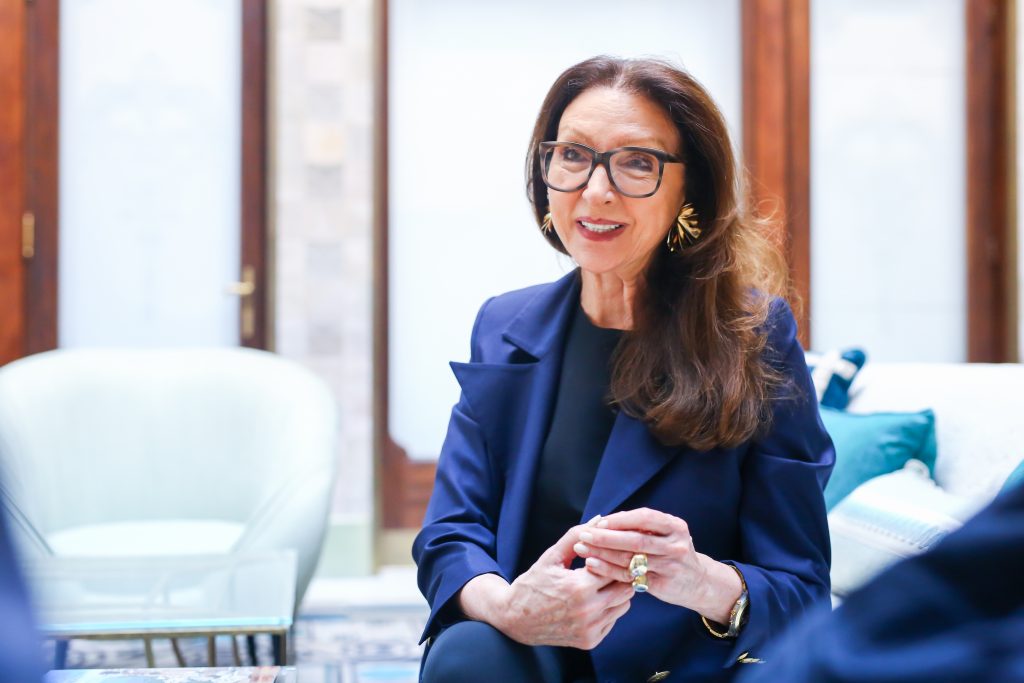
photo by Attila Lambert/Hungary Today
Those who never experienced life under communism don’t really understand what it was like in Hungary at the time. Our lives were a tapestry of contradictions. I remember we would often learn a topic in school, in history for example, but then at home my parents would correct and explain the reality. I often wondered: it’s quite fascinating how our generation didn’t turn out to be schizophrenic. (laughs)
When did you realize that the revolution had failed? When did your family set off with you and your brother to escape to the safety of Austria?
Soon after the Soviets reoccupied Hungary in early November, the fate of the uprising became clear. Like many other Hungarians, my father took part in the protests on the streets of Budapest, and we quickly realized we would have to flee the country. Either we leave, or I go to jail, my father had said. We escaped one and a half months after the revolution broke out, on the 9th of December.
What feelings and thoughts were going through your mind when you were told you would flee the country?
To tell you the truth, at that moment, I mostly felt excited and happy to have the chance to leave behind communism and fear; the prospect of freedom was exhilirating.”
How did the escape from the country transpire? What hardships did you face along the way?
It was a long, exhausting, and daunting journey. During our 12 hour-long escape, we first boarded the train heading for Kapuvár, a small town a few dozen kilometers from Austria. Despite being a difficult and painful trip, the promise of freedom kept us going. I remember at one point we spotted the secret police in their distinctive leather jackets boarding the train so we quickly got off at Győr. Needless to say, the borders were closed by then, so we had to find someone who would take us across to Austria. Luckily, we managed to find a guide, a brilliant farmer who claimed to have already taken 50,000 people across the border. That night too, he gathered nearly a hundred people to help them flee Hungary.
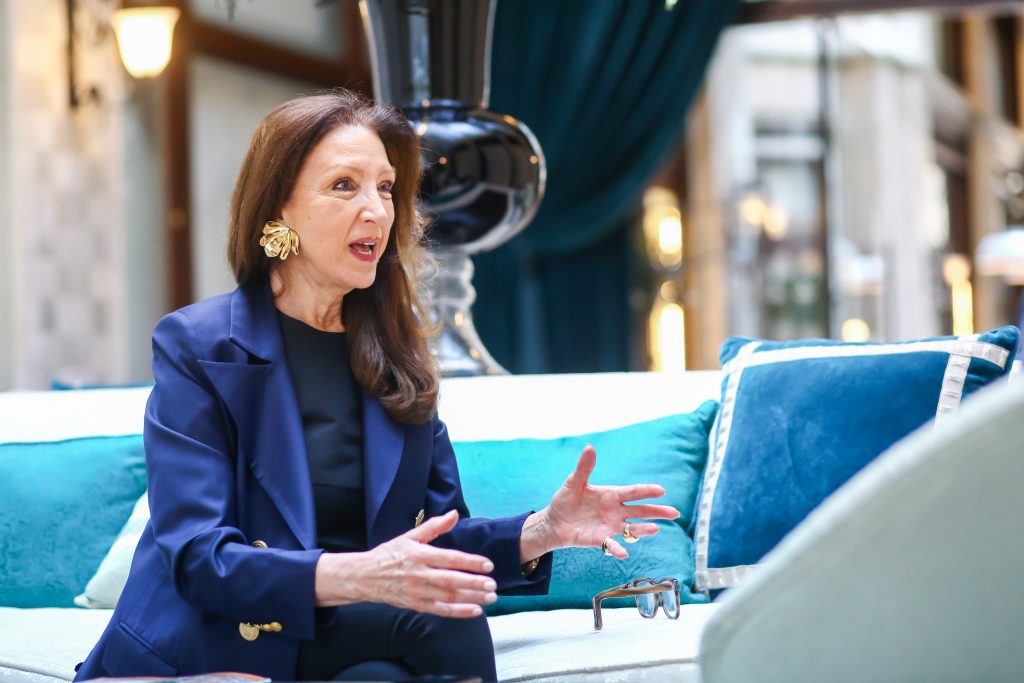
photo by Attila Lambert/Hungary Today
One of the fun memories of our escape is also connected to him. Before we had walked the 20 kilometers or so to the border in the cold and snowy weather, he led us to his home. There his wife gave us hot chocolate and slices of banana. We had never had fresh bananas, only the ones made out of marzipan, so this act of kindness was reassuring and a great delight.
Is it true that while fleeing you were almost left on the side of the road after you fainted? How did this happen?
The Russian tanks were scanning the fields, looking for escapees, I did indeed faint, probably from fear and exhaustion. Two young men offered to carry me, and they did so for a few kilometers, but I must have been heavy, because at one point they put me down on a tree trunk along the side of the road while everyone else kept going. Luckily, my eight-year-old brother heard me weeping and told my father, who came to pick me up. I was then given some schnapps that he found in his backpack, which definitely woke me up (laughs).
What happened to you in Austria, how was life there?
When we arrived in Austria, the Red Cross was waiting for us and we were transferred by truck to a refugee camp. We went from one camp to another, first to Neisidlamsee, then Eisenstadt, and finally to Styer.
When my brother and I first saw the camp with dozens of people crammed into a single room with bunk beds, without any kind of privacy, we were traumatized.”
Soon, however, we got used to the circumstances and became seasoned refugees. Subsequently, as my parents wanted us children to escape the squalor of the refugee camps, they through the intervention of Otto von Habsburg’s office in Vienna, took my brother and I to a convent in Styer where we stayed the next few months.
How were your family and the refugees in general treated by the locals?
I love Austrians to this day; they were very friendly to us back then. Ont he occassion that we had the chance to visit Vienna, we took the train there.
On the tram, the locals often gave us candy or chocolate. Puzzled, I asked my mother, “Mom, why are these people giving us things?” “It’s because we are refugees, my dear,” she said. “But how do they know we are refugees?”, I asked. “Because we look the part!” That was so funny to me all the time – I didn’t think I looked like a refugee at all, but I guess we did. (laughs)
It was on these trips that I first saw what life was like with freedom, everyone seemed so happy and carefree.
After Austria, you moved to Canada where you grew up. What was your first impression of the country?
After our entry permit arrived, the Red Cross plane took us to Montreal in April, 1957. When we set off, it was a beautiful spring day in Vienna, the sun was shining, the flowers were blooming. When we arrived in Canada, however, all we saw was snow covered land.
“Oh my God where did we come to? What country is this, that’s covered with snow in April?,” I thought to myself. I love Canada, I loved growing up there and extremely grateful to the country for acccepting us, but it’s undeniably cold there. (laughs)
Even though I was growing up thousands of kilometers from Hungary, our parents raised us to be proud of our Hungarian heritage.”
I have a photo of myself as a teenager, I was around 16 or 17, attending a March 15th commemoration in Montreal. For the Hungarian community in Canada, the anniversary of the Hungarian Revolution of 1848 was always a huge celebration. Every year, I would dawn my Hungarian noble dress and stand in front of the map of Great Hungary with a replica of the Holy Crown on my head, a sword and a shield in my hands.
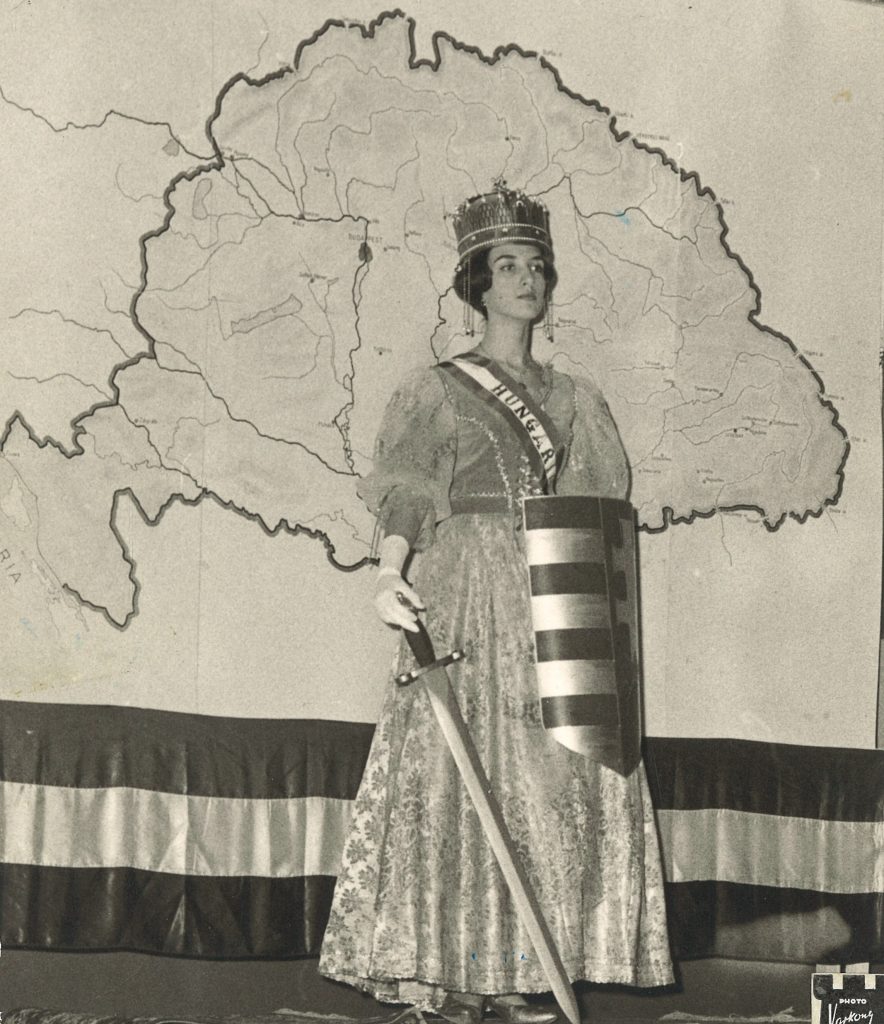
What did you miss most about Hungary after you left?
Firstly, the family left behind, but most importantly it was the land, the Hungarian spirit, and the warmth of the Hungarian people.
Still to this day I am impressed how cultured and educated Hungarian people are in general; and how much youngsters here know about the world, which reflects greatly on the Hungarian educational system.”
Almost every American I meet remarks on the brilliance of Hungarians, regarding how many Hungarian Nobel Prize winners in economy, biotechnology, literature, and so on, there are.
Growing up our parents regailed us with Hungarian inventions. I always told my father that “Dad, it can’t be that everything was invented by Hungarians.” He said “but of course, even the ballpoint pen!”
You have a bachelor’s degree in biochemistry and studied dentistry in Montreal. How did your diplomatic career start in the United States?
I became involved in diplomacy at the age of 23 through my former husband, who was the U.S. Attaché at the embassy in Ecuador at the time we got married. We lived in Brazil for four years and traveled all over South America. I really enjoyed my time there. Brazil is an amazing country.
Later, he was appointed to open the American Embassy in East Berlin, the de facto capital city of the then existing communist state of East Germany. Coming from a communist country myself, as a wife of a diplomat, looking in on a life that I used to live was fascinating. And I saw that many American diplomats didn’t really understand how things worked in a communist state.
What specific activities have you undertaken to improve Hungary’s diplomatic image and bilateral relations?
During the years of communism in Hungary, we had relatively few opportunities to actually develop bilateral relations. As a 1956 refugee, I never even wanted to meet Hungary’s then ambassadors in Ecuador, Brazil, East Berlin, nor Washington. I avoided any such opportunity.
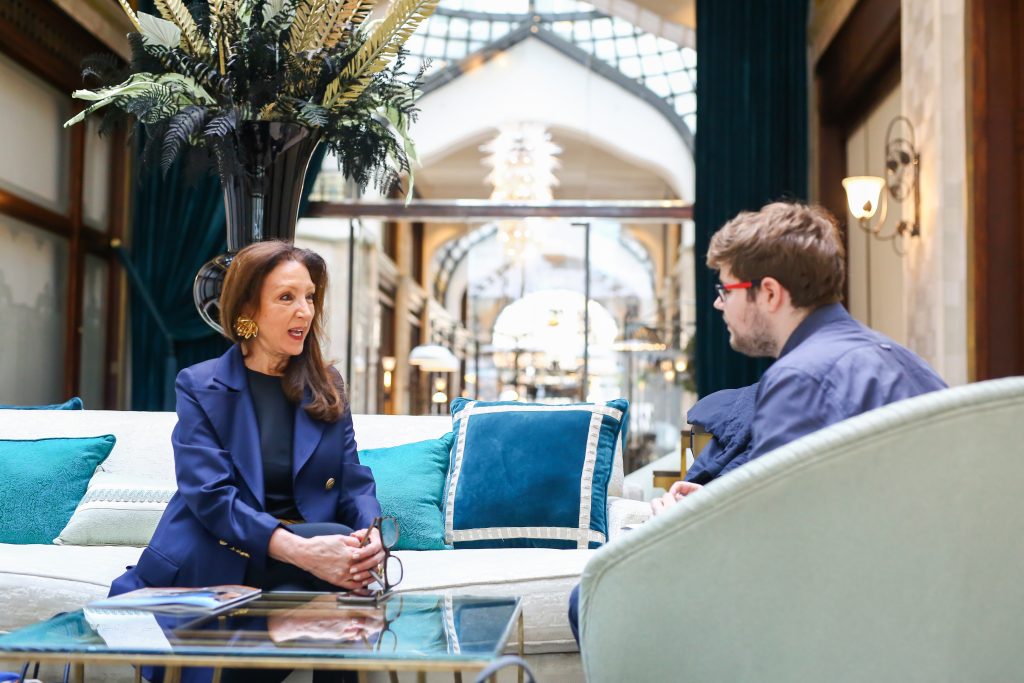
photo by Attila Lambert/Hungary Today
After East Germany, we returned to Washington, and I started interacting with the capital’s social and diplomatic sectors. The first real opportunity for me to help presented itself right after the democratic transition of Hungary in 1989-1990, when the Yugoslav Wars broke out in 1991 and forced almost two million people to flee onto Hungary’s border. First small groups, mainly Hungarians, came to Hungary, but many other nationals followed them here.
As a former refugee, attesting the horrors of same, I felt that I had to do something to help the people who were forced to leave their lives and homes behind.”
I first volunteered to visit the Hungarian border, and went to several refugee camps there. Taken by the needs of these people, with the help of my wonderful friends, I managed to organize a refugee fundraiser in Washington. Most of the money raised went directly to the three refugee camps I visited, where it was used to buy medicines, clothes, books, and other necessities. A small portion of the sum went to Transylvania.
Later, I tried to take every opportunity to help Hungary’s accession into NATO. I used all my political connections – congressmen, senators – and “soft lobbied” Congress to ensure Hungary became a member of the North Atlantic Alliance as soon as possible. It was a great honor when Hungary’s former Foreign Minister, then ambassador to the United States later invited me to be the master of ceremonies for the official inagauration of the NATO celebration.
In 2003, President G. W. Bush appointed you to serve on his Cultural Property Advisory Committee. What was your role there?
It was a committee of ten individuals tasked with protecting the great antiquities of the world. It was composed of archeologists, anthropologists, numismatists, museum directors, and the like. I was given the honor of representing the general public. Someone has to represent 3 hundred million people, I jokingly told my husband at the time of my appointment. But it was a wonderful experience and I learned a lot there.
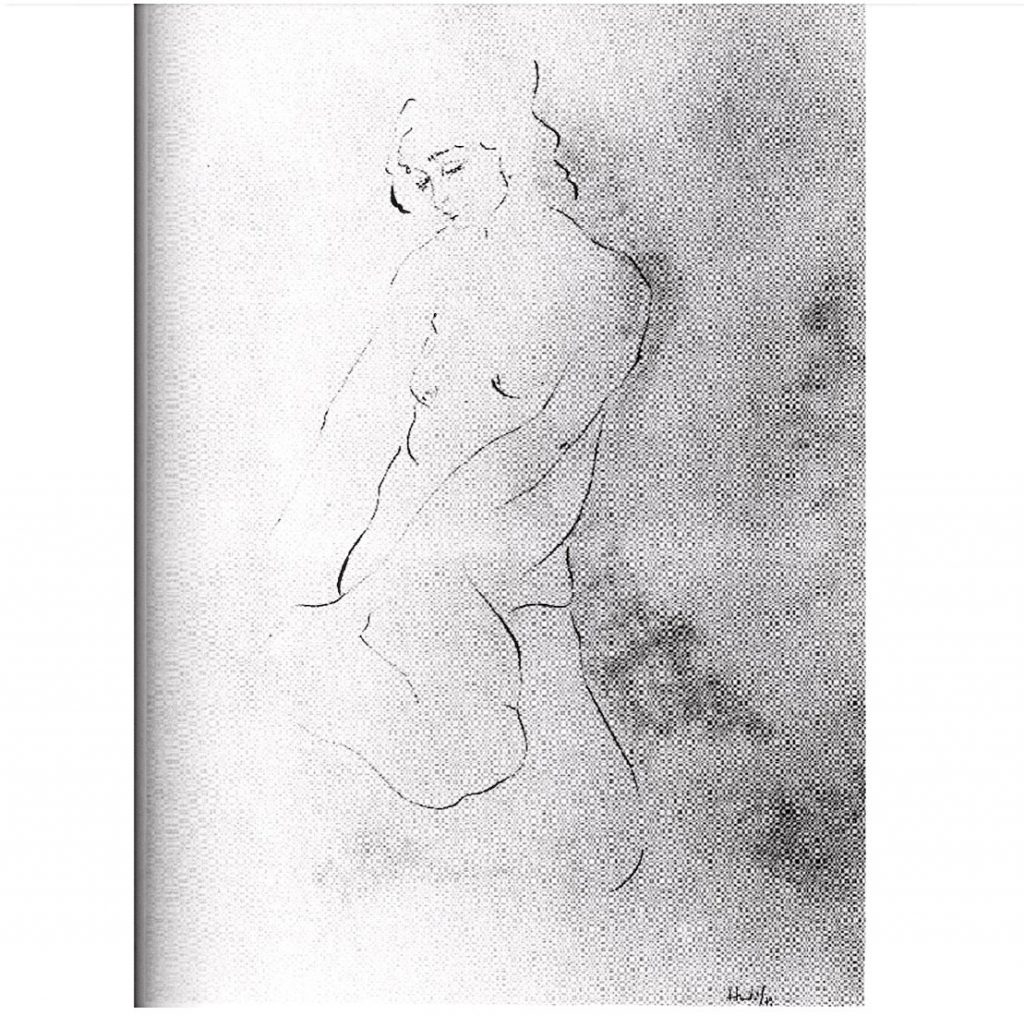
One of Anikó Gáal Schott’s artwork in Washington’s National Museum of Women in the Arts.
What is the general perception of Hungary in U.S. diplomatic circles?
My circle of friends often see it as a wonder that despite the many hardships throughout its history, Hungary has always resurrected itself like a Phoenix.”
Too often people criticise a country because their only impression is through the press. People who are critical are often misinformed and their opinions are distorted. However, I feel Hungary and Hungarian people in general are treated with respect and admiration.
You recently received the Friends of Hungary Foundation Award in recognition of your outstanding, several decades-long work for Hungary. Was the recognition worth putting in all that work?
I am deeply touched and honored to receive this award. I am grateful to the nominating committee, the trustees for selecting me as one of the awardees, as I’m sure that they could have given the recognition to many other exceptional people.
The award is particularly heartwarming because I have always been proud to be Hungarian.”
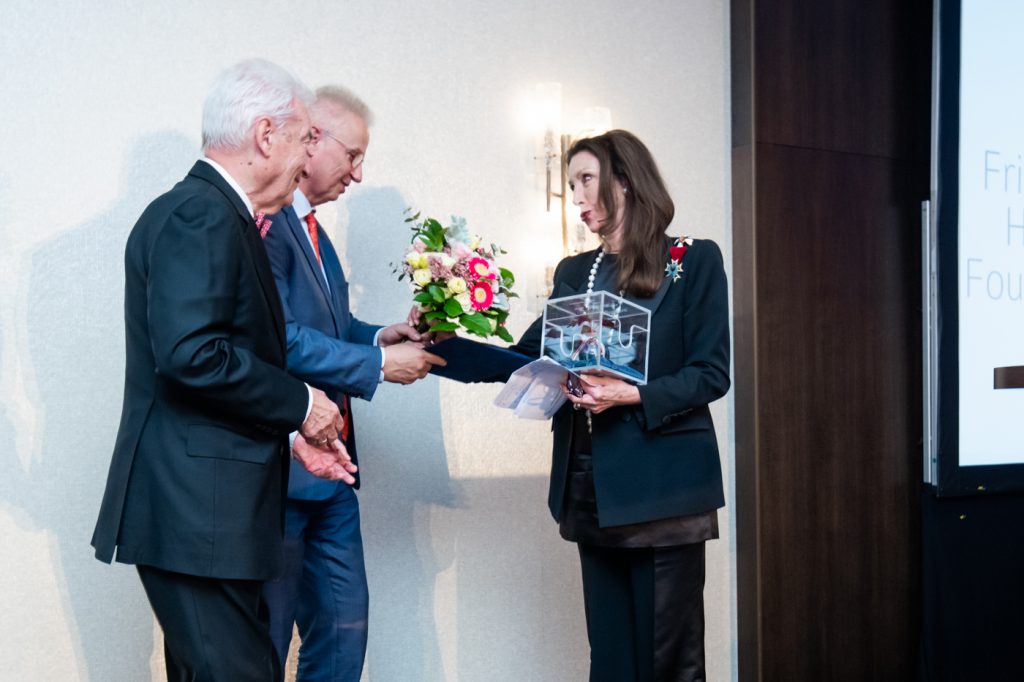
photo by Tamás Lénárd/Hungary Today
In addition to your decades of work, a major contribution to your nomination for the Friends of Hungary award was your involvement in the organization of the American Hungarian Federation’s commemorative symposium: “The Treaty of Trianon: A Hungarian Tragedy.” Have you received feedback from people who were previously unaware of the tragic dismantling of Hungary? What did they say?
Even I was surprised how few people knew that Hungary had lost two thirds of its territory and almost half of its population as a result of the treaty of Trianon. The symposium was an education for them.
After the symposium, a journalist friend of mine compared what happened to Hungary to the U.S. losing two thirds of its territory and what would remain is nothing more than the thirteen original colonies.”
In that context it became clear how dramatic the decision of Trianon was.
You are staying in Budapest for about a week- are you planning to visit some of the attractions of the capital?
There are too many places we want to visit in the next week with my husband. Here in Budapest, I would say Royal Palace, the Buda Castle District, and Matthias Church, will be among the first places, but we would also like to see Europe’s largest synagogue on Dohány Street. Then of course the Müpa [Palace of Arts], Hungary’s cultural heart throb, where significant international stars are performing right now. There are other parts of the country we’d love to check out as well, like Kecskemét and the beautiful Lake Balaton area. Of course, it is unlikely that we will have enough time for so many activities, but we are already planning our return next spring.
Featured photo by Attila Lambert/Hungary Today